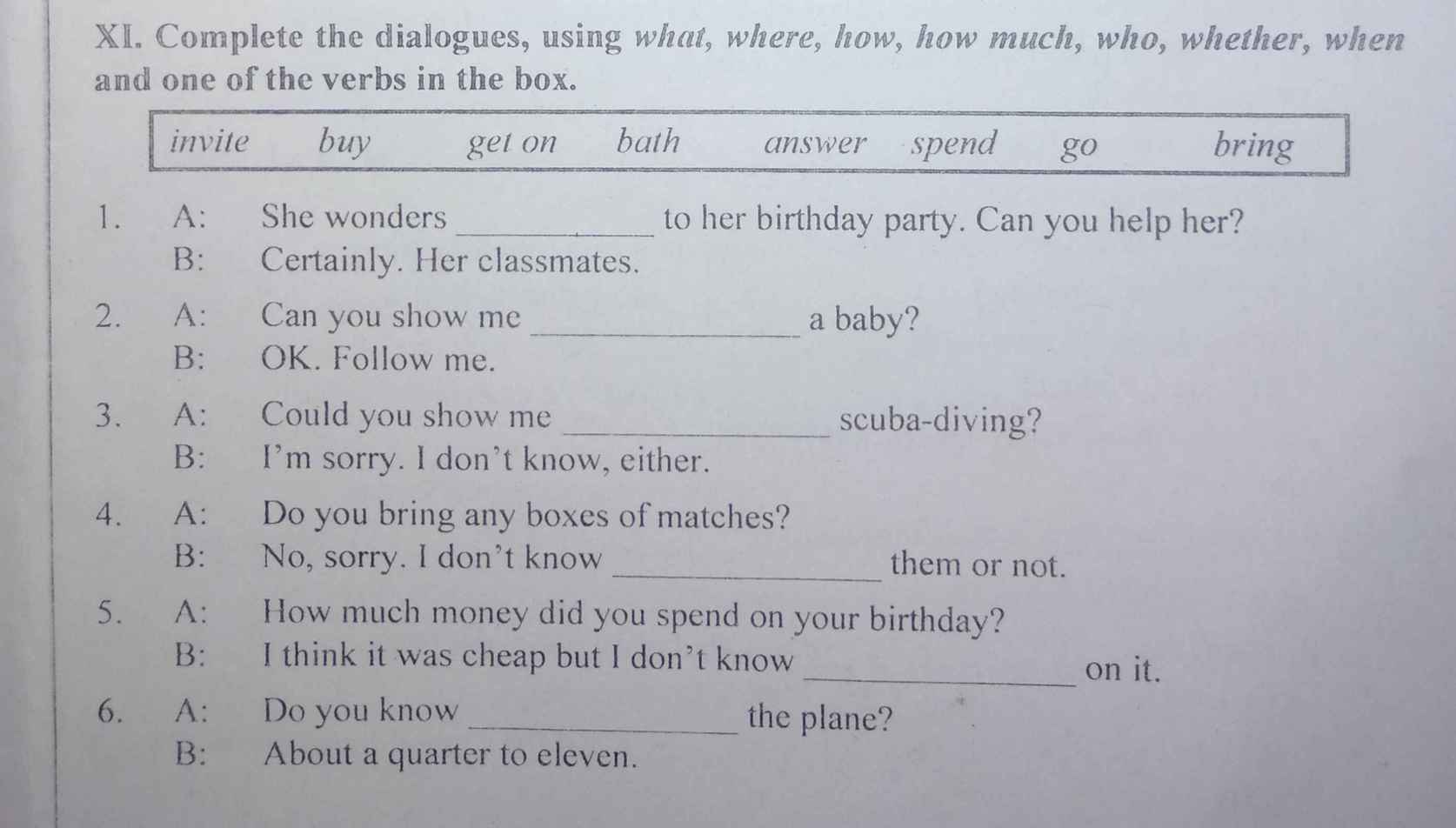1. If she didn't work in the evening, she would have time to play with her children.
2. If she weren't often absent from class, she could keep pace with her classmates.
3. If it weren't very cold, we could go swimming.
4. If you didn't drink too much coffee, you could sleep.
5. If we had a big house, we could invite friends to stay.
6. If the flats were clearly numbered, it wouldn't be very difficult to find anyone.
7. If I had known Alice's address, I could have written to her.
8. If we had had a map, we wouldn't have lost.
9. If the farmers had had enough rain, they could have grown rice.
10. If his friends hadn't been late, they wouldn't have missed the train.
1. If she didn't work in the evening, she would have time to play with her children.
2. If she wasn't often absent from class, she could keep pace with her classmates.
3. If it wasn't cold, we could go swimming.
4. If you didn't drink too much coffee, we could sleep.
5. If we had a big house, we could invite friends to stay.
6. If the flats were clearly numbered, it wouldn't be difficult to find everyone.
7. If I had known Alice's address, I would have written to her.
8. If he had had a map, we wouldn't have got lost.
9. If the farmers had had enough rain, they could have grown rice.
10. If his friends hadn't been late, they wouldn't have missed the train.
1 If she didn't work in the evening, she would have time to play with her children
2 If she weren't often absent from class, she can't keep pace with her classmates
3 If it weren't cold, we could go swimming
4 If you didn't drink so much coffee, you could sleep
5 If we had a big house, we could invite friends to stay
6 If the flats were clearly numbered, it wouldn't be difficult to find anyone
7 If I had known her dress, I would have written to Alice
8 If we had had a map, we wouldn't have got lost
9 If the farmers had had enough rain, they could have grown rice
10 If his friend hadn't been late, they wouldn'e have missed the train




















